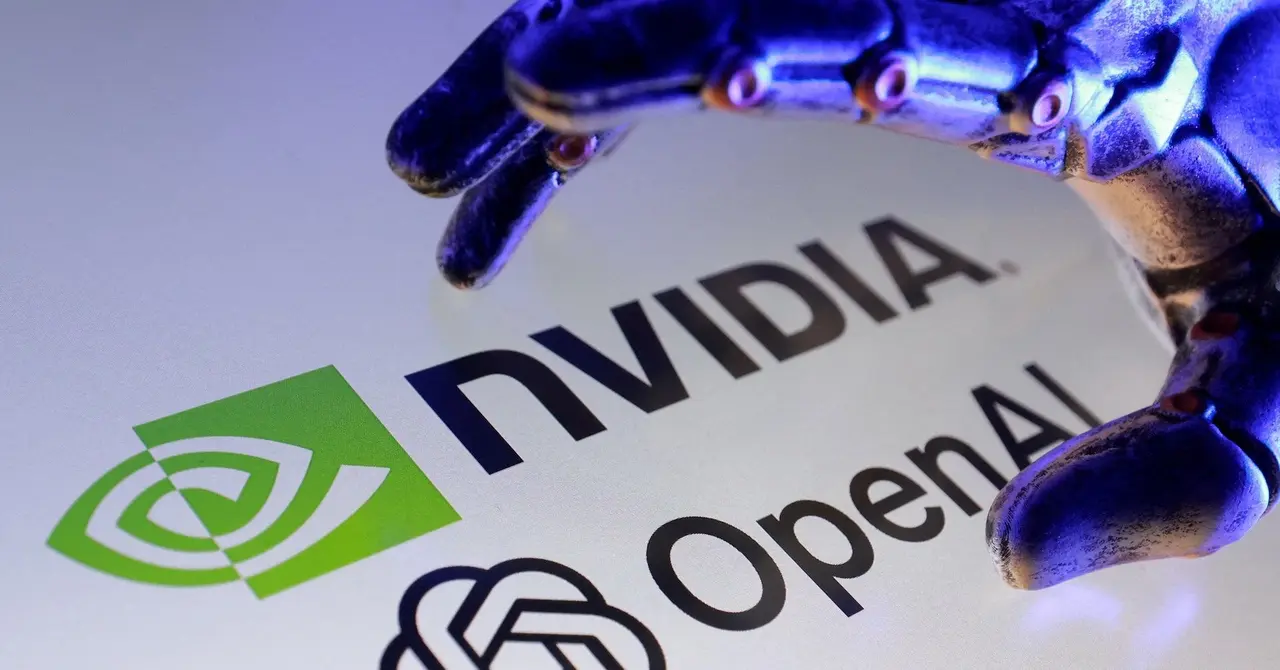Filevine Secures $400M in Funding, Highlighting AI's Growing Role in Legal Tech
3 Sources
3 Sources
[1]
Legal tech company Filevine raises $400 million in equity financing
Sept 23 (Reuters) - Legal technology company Filevine said on Tuesday that it raised $400 million in equity financing from investors including Insight Partners, Accel and Halo Fund, as the company doubles down on artificial intelligence. The Salt Lake City-based company, which makes legal practice management software for law firms, said it raised the capital in two funding rounds over a 15-month period. Filevine, founded in 2014, said its customers include law firms, government agencies and large companies. The company's software helps lawyers keep track of cases and documents, and handle billing and payments, among other tasks. Filevine founder and CEO Ryan Anderson said more of its revenue now comes from sales of AI products than from its traditional software platform. The company's AI offerings include tools that filter through documents to produce medical chronologies and assist in analyzing deposition testimony in real time. In conversations with Silicon Valley investors, Anderson said, "there is almost no interest in legal tech that doesn't have AI today." Legal technology companies that offer AI products for corporate law firms and in-house legal teams have raised hundreds of millions of dollars from investors in recent years. Reuters' parent company Thomson Reuters, which owns Westlaw, is also a competitor in the legal technology and practice management field. Reporting by Sara Merken Our Standards: The Thomson Reuters Trust Principles., opens new tab * Suggested Topics: * Transactional * Capital Markets * Legal Innovation Sara Merken Thomson Reuters Sara Merken reports on the business of law, including legal innovation and law firms in New York and nationally.
[2]
Legal Tech Investment Hits All-Time High With Filevine Funding
Funding to legal tech startups has hit a record high in 2025, driven by investor enthusiasm for AI's potential to bring more automation to the legal profession. Per Crunchbase data, companies in the legal and legal technology sectors have raised just over $2.4 billion so far in 2025 in seed through growth-stage funding. With over three months left in the year, it's already the highest annual total on record. Filevine snags $400M A giant funding announcement this week played a big role in pushing the totals higher. Filevine, a provider of legal practice management software, announced Tuesday that it closed on two previously undisclosed rounds totaling $400 million 1. Insight Partners led the first round and joined Accel and Halo Experience Co. to co-lead the second. Founded in 2014, Salt Lake City-based Filevine has expanded its platform over the years to cover more tasks for legal practices. Use cases touted on its website include time tracking, billing, case management software and secure document management, among others. Filevine plans to use the funds in part to continue expanding its AI capabilities. The company said it counts nearly 6,000 customers and 100,000 users. Other big fundraisers, and plenty of seed deals too Several other startups have also closed on sizable funding this year, including: * Harvey: San Francisco-based Harvey, the fast-growing provider of AI tools for legal professionals, closed on two rounds of $300 million each this year. To date, the 3-year-old company has raised more than $800 million. * Blue J: Toronto-based Blue J, developer of a GenAI tax research platform that counts legal professionals among its core users, raised $122 million in an August Series D financing led by Oak HC/FT and Sapphire Ventures. * Eudia: Palo Alto, California-based Eudia, which develops an intelligence platform for Fortune 500 legal teams, landed up to $105 million in a Series A financing led by General Catalyst. Notably, however, the boom in legal tech venture funding isn't only about big rounds for prominent unicorns. The intersection of AI and legal work is one of the more active areas for seed funding, a trend we first observed last year and that has continued into 2025 as well. Nothing mysterious here For those seeking an explanation for why legal tech funding is on the rise, there is an obvious one that comes to the fore. In essence: Much legal work is boring and repetitive, which makes it well-suited to offload more tasks to AI. In fact, among all professions impacted by artificial intelligence, legal work is expected to be one of the most affected by automation. In one oft-cited Goldman Sachs report, analysts estimated that an astounding 44% of legal work could eventually be automated. AI-enabled software will be taking on much of this workload. On another side note, in addition to being repetitive, legal work also tends to be expensive, as anyone who has hired a lawyer can probably attest. While it remains to be seen whether AI will reduce the cost of legal services, it should at least free up time for lawyers and support staff to put their billable hours to the most productive use.
[3]
Filevine raises $400M for its legal case management platform - SiliconANGLE
Filevine Inc., the developer of a software platform that helps attorneys create and manage legal documents, has raised $400 million in funding. The startup disclosed today that it received the capital in two tranches. Insight Partners led the first round and co-led the second, larger deal with Accel and Halo Fund. The latter investment also included the participation of Meritech, Stepstone, Run Ventures and Album Ventures. "During diligence, we saw Filevine's AI products have heavy daily usage, with over 20% week over week growth in their cross-platform AI-chat tool," said Halo Fund co-founder Ryan Smith. "With about 130% YoY AI revenue growth, users told us they are deriving real value from Filevine's integrated AI products." Filevine's case management platform enables legal teams to store their files in a centralized repository. The platform can hold not only documents but also images, audio recordings and other data. A preview tool enables users to view files without downloading them. Legal teams can create documents in Filevine using templates. According to the company, an automation tool customizes templates using data from the records that describe a given court case. When those records change, Filevine can automatically update the associated legal document. Filevine enables attorneys to generate documents using not only templates but also an artificial intelligence text generation tool. The tool, DemandsAI, can automatically draft demand letters, which are requests that legal teams often send to litigants before a lawsuit begins. Filevine says that the feature can reduce the amount of time it takes to create such documents by several days. After attorneys create a new legal document, they can use another AI feature called ValidationAI to check that it's accurate. The feature can point out if an attorney forgot to include the name of a plaintiff or entered an incorrect sum into a contract template. Filevine's platform also automates other tasks. A feature called AIFields enables users to upload a large number of legal documents at once, including handwritten notes, and scan them for specific pieces of information. For administrative staff, Filevine provides a set of client billing tools. The company disclosed today that its platform is used by 100,000 legal professionals across nearly 6,000 organizations. Those organizations include law firms, government agencies and large enterprises. It says users upload more than 20 million pages to its platform every day.
Share
Share
Copy Link
Legal technology company Filevine raises $400 million in equity financing, underscoring the increasing importance of AI in the legal sector. The funding round marks a significant milestone in legal tech investment and showcases the industry's rapid evolution.
Filevine's Landmark Funding Round
Legal technology company Filevine has secured $400 million in equity financing, marking a significant milestone in the rapidly evolving legal tech sector
1
. The Salt Lake City-based company, founded in 2014, raised the capital in two funding rounds over a 15-month period, with investments from prominent firms including Insight Partners, Accel, and Halo Fund1
.
Source: Reuters
AI-Driven Legal Tech Boom
Filevine's substantial funding is part of a broader trend in legal tech investment. According to Crunchbase data, companies in the legal and legal technology sectors have raised over $2.4 billion in 2025 alone, setting an all-time high for annual funding in the industry
2
. This surge in investment is primarily driven by the growing enthusiasm for AI's potential to automate and streamline legal processes.
Source: Crunchbase
Filevine's AI-Powered Platform
Filevine's legal practice management software offers a comprehensive suite of tools for law firms, government agencies, and large companies
1
. The platform includes features such as case and document management, billing and payments, and AI-powered tools for document analysis and real-time deposition assistance3
. Notably, Filevine's CEO Ryan Anderson revealed that the company now generates more revenue from AI products than from its traditional software platform1
.
Source: SiliconANGLE
AI's Impact on Legal Profession
The intersection of AI and legal work is becoming one of the most active areas for investment, particularly in seed funding
2
. This trend is driven by the recognition that much legal work is repetitive and well-suited for automation. A Goldman Sachs report estimates that an astounding 44% of legal work could eventually be automated, making the legal profession one of the most affected by AI advancements2
.Related Stories
Other Notable Players in Legal Tech
While Filevine's funding round is significant, it's not the only major player in the field. Other companies making waves in legal tech include Harvey, which raised $600 million in 2025, Blue J with a $122 million Series D round, and Eudia, which secured up to $105 million in Series A financing
2
. These investments underscore the growing importance of AI-powered solutions in the legal industry.Future Implications
As AI continues to transform the legal sector, it's expected to free up time for lawyers and support staff to focus on more complex and high-value tasks. While it remains to be seen whether AI will reduce the cost of legal services, it's clear that the technology is poised to significantly impact the efficiency and capabilities of legal professionals worldwide
2
.References
Summarized by
Navi
Related Stories
Recent Highlights
1
SpaceX acquires xAI in $1.25 trillion merger, plans 1 million satellite data centers in orbit
Business and Economy

2
EU launches formal investigation into Grok over sexualized deepfakes and child abuse material
Policy and Regulation

3
SpaceX files to launch 1 million satellites as orbital data centers for AI computing power
Technology








